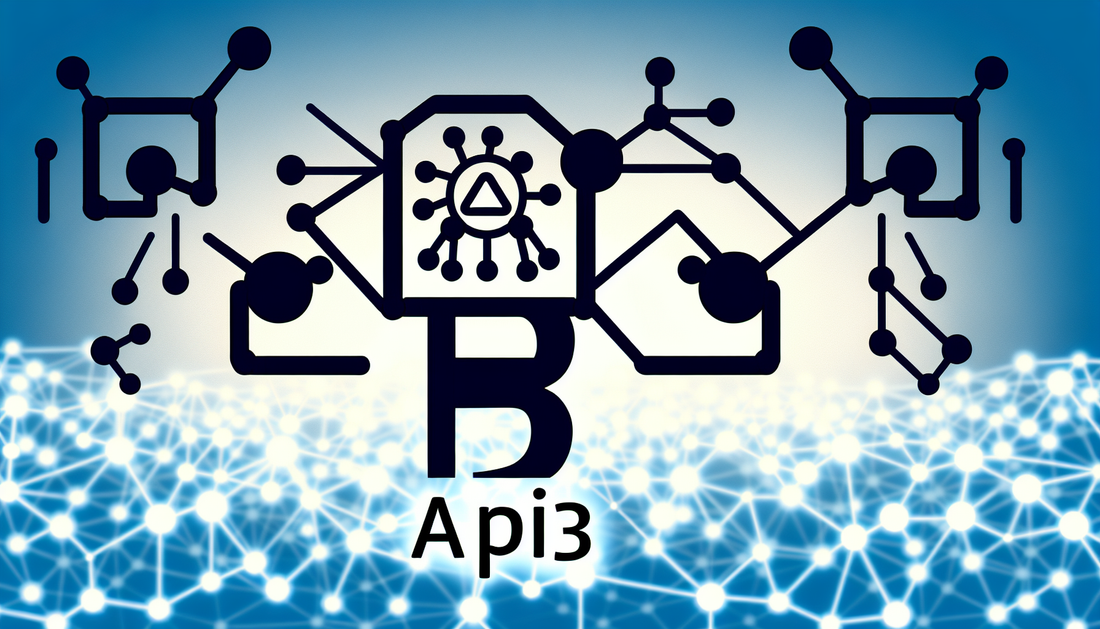
API3 Under Fire: Key Criticisms Explored
Share
Biggest Criticisms of API3: A Comprehensive Look
API3, a decentralized platform focusing on improving connections between blockchain smart contracts and off-chain data, brings significant potential to the crypto ecosystem. However, like many innovations in the blockchain arena, API3 has not been immune to criticism. Let's delve into the primary concerns voiced by skeptics and industry observers.
Centralization Concerns
One of the main criticisms of API3 is its perceived centralization. Critics argue that despite its decentralized intentions, API3's model still relies on centralized entities to operate effectively. This centralization aspect is seen by some as a potential vulnerability, opening up possibilities for control and influence that could undermine the protocol's integrity.
Data Feed Responsiveness
Another concern within the blockchain community is the responsiveness and reliability of data feeds provided through api3. With the increasing complexity and demands of decentralized applications (dApps), efficient and reliable data feeds are crucial. There have been discussions around whether API3's solution can consistently deliver under high-demand conditions, especially when compared to mature alternatives.
Competition and Adaptability
The competitive landscape in decentralized oracle solutions is fierce, with well-established players like Chainlink dominating the market. Critics argue that API3 must differentiate itself through unique features and superior technology to outgrow its peers. Some question whether its model can adapt quickly enough to changes and market demands that are typical in the fast-evolving blockchain sector.
Token Economics
Concerns about the tokenomics of API3 also circulate among stakeholders. The economic model and incentives for holding the token need clearer communication to ensure stakeholder confidence. Investors often weigh the potential return versus the risks, and if the utility or benefits of holding API3 tokens remain unclear, this could deter potential adopters.
Decentralization Goals
Questions also arise about API3's ability to achieve true decentralization over time. The project's ambitious roadmap necessitates numerous developments and implementations that require alignment among token holders and developers. Some worry that governance models could inhibit swift decision-making, impacting the platform's agility.
For those interested in understanding how other networks address decentralization challenges, you might be interested in reading Nimiq (NIM): Examining the Key Criticisms.
While these criticisms pose challenges, they also offer API3 opportunities for growth and improvement. As the platform continues to evolve, addressing these concerns might not only enhance its offerings but also solidify its place in the competitive landscape of blockchain technology. Exploring broader developments in blockchain applications, such as participating in cryptocurrency trading with Binance, might offer further insights into the ongoing transformations in the world of distributed technologies.
